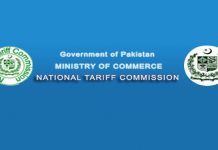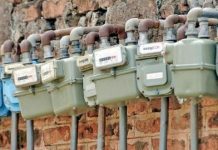The Special Investment Facilitation Council (SIFC) addressed the concerns about recent budgetary measures potentially disrupting the $6 billion refinery upgrade project.
During a meeting on Thursday which was attended by representatives from the refining sector and officials from the Petroleum Division, Ministry of Finance, and Federal Board of Revenue (FBR), refinery executives expressed their concerns about the financial implications of these measures.
Company representatives highlighted that the exemption of sales tax on petroleum products would prevent refineries from claiming a substantial portion of the input tax paid on purchases and services. Additionally, the introduction of a 2% additional customs duty on imported equipment is expected to escalate the costs of upcoming projects.
They further noted that the exemption decision would not only block tax refunds but could also inflate the costs of upgrade projects by up to 20%, undermining feasibility studies crucial for these initiatives.
The Petroleum Division reportedly supported the reversal of these budgetary measures to enable continuous operation and modernization of refinery facilities. The decision stemmed from an IMF-driven initiative to halt refunds, prompting the FBR to offer a sales tax exemption to mitigate refund claims.
Refineries have urgently sought government intervention to resolve these issues and ensure the successful implementation of the new refinery policy.
The SIFC was informed that refineries are required to sign supplemental agreements with the Oil and Gas Regulatory Authority (Ogra) before this policy can be fully implemented. However, the new budget measures could jeopardize the signing of these crucial agreements.
Earlier, three refineries had committed to investing a cumulative $3 billion in plant upgrades, aligning with the Pakistan Refining Policy for the Up-gradation of Existing/Brownfield Refineries 2023, which was designed to stimulate substantial investments within strict timelines.
However, the recent sales tax exemption on key petroleum products will inhibit refineries from claiming around 70% of the input tax paid, adversely affecting financial outcomes as they cannot pass these increased costs onto consumers.
























